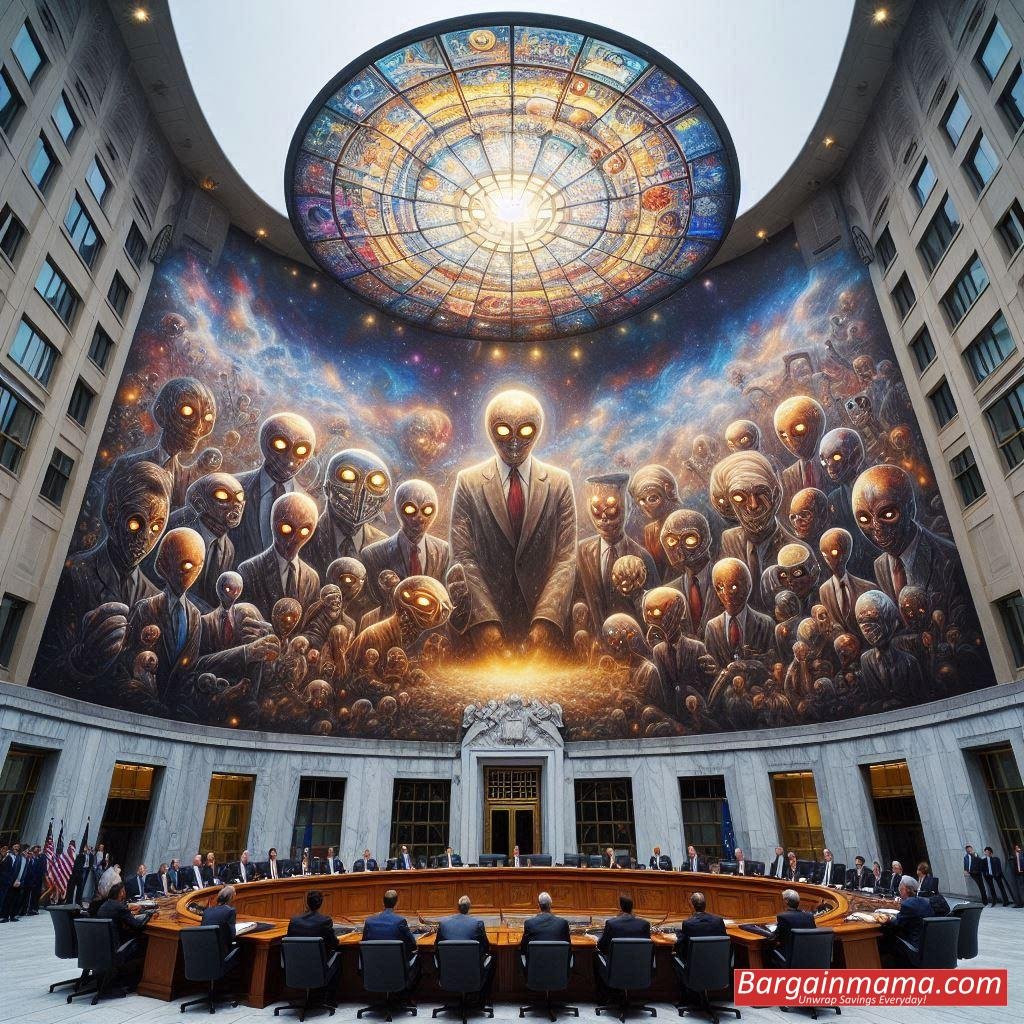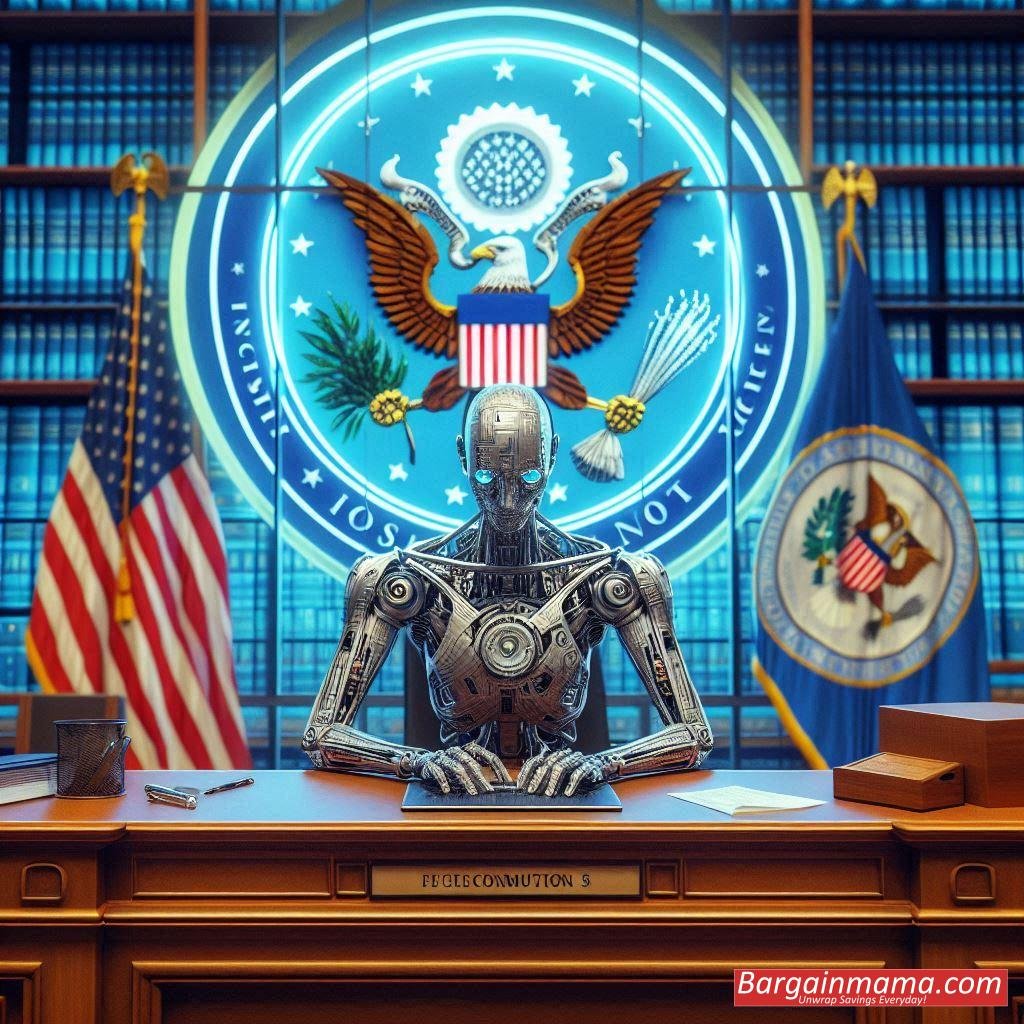The Federal Trade Commission (FTC) has taken a major step by opening an antitrust probe into Microsoft’s recent agreement with Inflection AI. The Wall Street Journal said that this investigation aims to ascertain if Microsoft purposefully evaded regulatory scrutiny while arranging the transaction.

The Questioned Deal
Microsoft gained notoriety in March when it hired almost every member of Inflection AI’s staff, including its founders Karén Simonyan and DeepMind co-founder Mustafa Suleyman. The IT behemoth also paid $650 million to license the cutting-edge AI technology from Inflection AI. Even with the substantial expenditure, Microsoft did not purchase Inflection AI altogether. This action has raised concerns about whether the agreement was intended to avoid the required antitrust review procedure.
Concerns and Requirements for Regulation
Any acquisition for at least $119 million is required by federal law to be notified to antitrust officials. These organizations, which include the Justice Department and the FTC, are in charge of making sure that these agreements don’t impede competition. A company that wants to get the skills and technology from another company usually does a “acquihire”—buying the business to completely integrate its personnel and technology. Nonetheless, there have been questions made about Microsoft’s choice to not fully buy Inflection AI despite gaining substantial control over its personnel and assets.
Inflection AI’s new COO, Ted Shelton, is adamant that Microsoft has no authority over the business and that it will continue to operate independently. This position is crucial because it may affect how the FTC’s inquiry turns out.
The Investigation of the FTC
Microsoft and Inflection AI have already received subpoenas from the FTC for pertinent records from the last two years. Finding out if the corporations purposefully arranged their arrangement to evade antitrust investigation is the agency’s main goal. If proven guilty, Microsoft may be hit with significant fines, and the deal might be put on hold until more research is done.

Microsoft defended its conduct in an Engadget statement, highlighting its adherence to the Hart-Scott-Rodino (HSR) Act, which regulates major transactions. According to the company, “Our agreements with Inflection give us the chance to hire people at Inflection AI and create a team that can accelerate Microsoft Copilot while allowing Inflection to keep running its own business and fulfilling its dream of becoming an AI studio. We are certain that we have complied with our legal requirements to disclose transactions under the HSR Act because we take these obligations seriously.
Wider Consequences and the Regulatory Environment
The government authorities in the United States are currently conducting a more thorough investigation of the monopolistic tactics of large technology businesses. To make sure that the digital giants don’t misuse their market dominance to restrict competition, a concentrated effort has been made in recent years. The FTC’s probe into Inflection AI and Microsoft is a component of this larger regulatory offensive.
The FTC and the Justice Department have lately clarified their roles with regard to the largest companies in the AI industry in order to improve the effectiveness of their investigations. The FTC will concentrate on Microsoft and OpenAI, while the Justice Department will handle inquiries pertaining to NVIDIA. This section seeks to guarantee that each agency may efficiently focus its resources while streamlining the investigation procedures.
Industry Responses and Prospects
The IT sector is eagerly monitoring the FTC’s investigation since the results might establish important precedents. Should the Federal Trade Commission determine that Microsoft deliberately arranged its agreement with Inflection AI to evade antitrust assessment, this might result in more stringent laws and careful examination of any further tech industry transactions.
This inquiry also emphasizes the rising significance of AI technology and the intense rivalry to attract the best personnel and cutting-edge ideas. The legal framework regulating AI technologies is expected to change as the technology continues to transform numerous sectors in order to meet new problems and maintain a competitive market environment.

The fine line between promoting innovation and upholding fair competition is highlighted by the FTC’s probe into Microsoft’s agreement with Inflection AI. With the IT behemoth under investigation, the investigation’s conclusion will have a significant impact on the sector. It serves as a reminder that, in the quickly changing field of artificial intelligence, even the most powerful corporations must exercise caution while navigating within the constraints of legal frameworks to prevent restricting competition and innovation.



